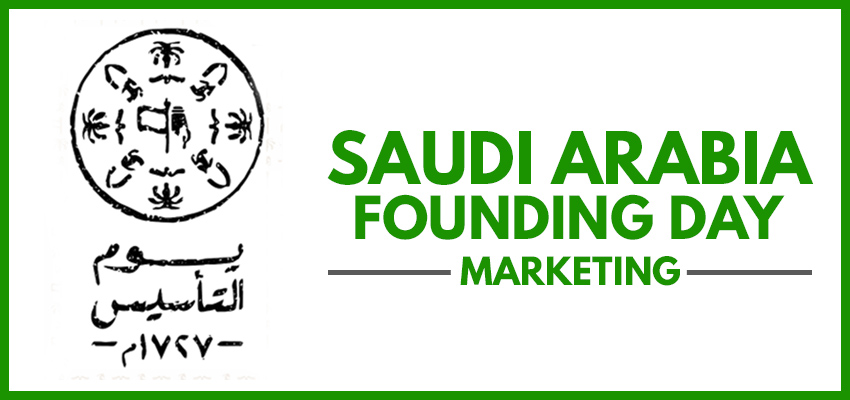10 Best Middle East Cities To Do Business
Dubai, United Arab Emirates
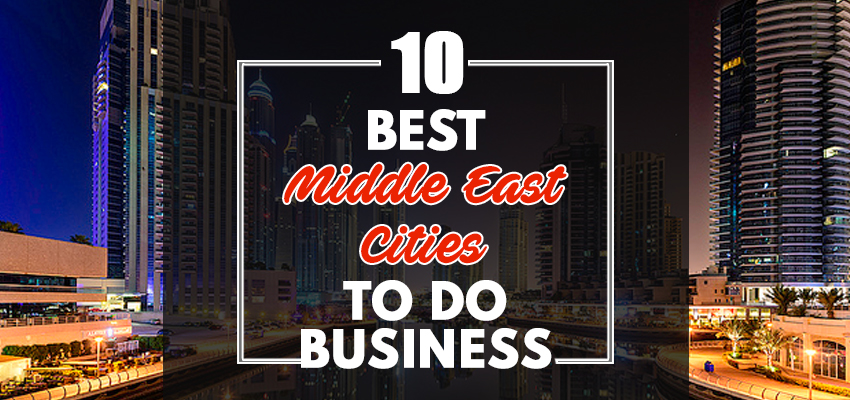 Situated on the Persian Gulf, next to the Gulf of Oman, the city of Dubai is a renowned global city whose importance to the global economy is almost unparalleled. Because of its strategic position, actively diversifying economy, and excellent trade relations and prestige, Dubai is an excellent location for any businesses looking to expand or invest, especially in Middle Eastern, North African, and Central and South Asian markets, or anyone looking to do business in the Middle East region.
(more…)
Situated on the Persian Gulf, next to the Gulf of Oman, the city of Dubai is a renowned global city whose importance to the global economy is almost unparalleled. Because of its strategic position, actively diversifying economy, and excellent trade relations and prestige, Dubai is an excellent location for any businesses looking to expand or invest, especially in Middle Eastern, North African, and Central and South Asian markets, or anyone looking to do business in the Middle East region.
(more…)
White Friday Marketing Guide – The Middle East’s Black Friday
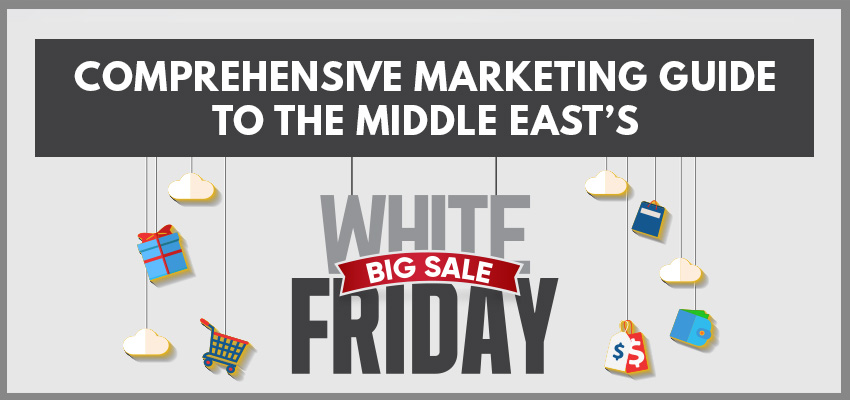
What is White Friday?
Amazon (formerly Souq) , the largest e-commerce site in the Arab world, first introduced the idea of White Friday as a grand sale to the region in 2014 as a way of increasing internet traffic and, in turn, their sales. Then CEO and co-founder of the company, Ronaldo Mouchawar, attended university in the United States, during which he became acquainted with the wild sales phenomenon that is Black Friday. After witnessing firsthand how Americans seemed to go crazy for the discounts and deals, he decided to bring a similar event to the region with his e-commerce company. However, he decided to put a little spin on it. White Friday takes an American tradition and alters it slightly to be more compatible with the region. To create a successful, new regional phenomenon, Mouchawar had to resonate closely with the culture of the Middle East. (more…)Middle East Search Engines – What you need to know
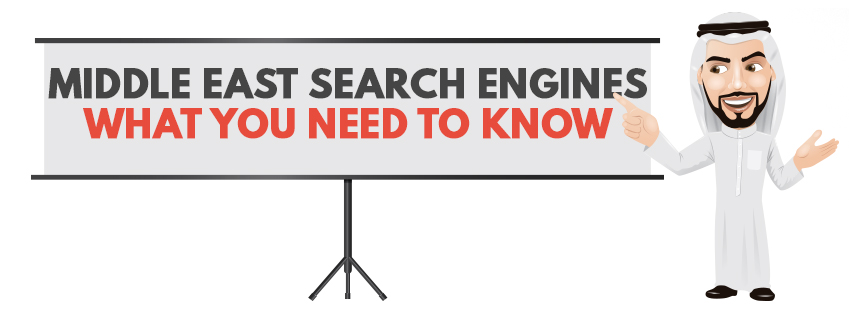 When seeking to target any region of the world online it is a good idea to have an understanding of which regional search engines you need to target. This is no different when targeting countries in the Middle East. On a whole, the region has an internet penetration rate of over 65%, whereas countries in the Gulf tend to have much higher rates averaging around 92%. These rates are growing each year, as countries continue taking strides in expanding network infrastructure and access.
Unlike many other regions in the world the Middle East does not have an alternative to Google that dominates the region. Despite this there are some important observations to make about Middle East Search Engines that we will go into more detail about here.
(more…)
When seeking to target any region of the world online it is a good idea to have an understanding of which regional search engines you need to target. This is no different when targeting countries in the Middle East. On a whole, the region has an internet penetration rate of over 65%, whereas countries in the Gulf tend to have much higher rates averaging around 92%. These rates are growing each year, as countries continue taking strides in expanding network infrastructure and access.
Unlike many other regions in the world the Middle East does not have an alternative to Google that dominates the region. Despite this there are some important observations to make about Middle East Search Engines that we will go into more detail about here.
(more…)
The Arab American Marketing Guide You Can’t Ignore
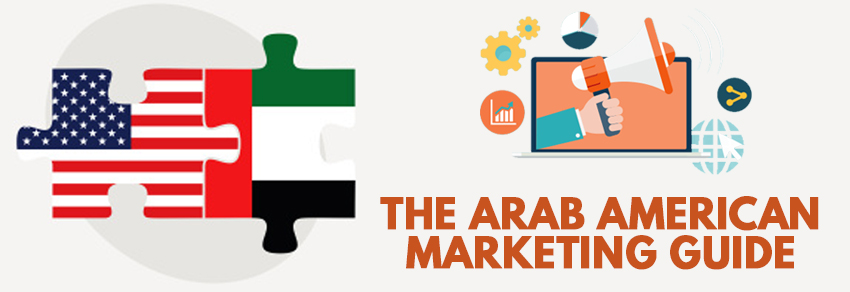 Arab Americans and other multicultural consumers compose a disproportionate share in the United States market. Arab Americans move across the world, carrying parts of their cultural identity with them while assimilating to the host country’s culture. Molding marketing messages to tackle multicultural or bicultural groups in society allows companies to tap into this lucrative market niche. Knowledge of the Arab American culture and ethnic backgrounds is essential to understand how to craft marketing messages to them as an audience, whilst avoiding points of conflict.
(more…)
Arab Americans and other multicultural consumers compose a disproportionate share in the United States market. Arab Americans move across the world, carrying parts of their cultural identity with them while assimilating to the host country’s culture. Molding marketing messages to tackle multicultural or bicultural groups in society allows companies to tap into this lucrative market niche. Knowledge of the Arab American culture and ethnic backgrounds is essential to understand how to craft marketing messages to them as an audience, whilst avoiding points of conflict.
(more…)
LinkedIn Arabic Advertising – The time to start is now!
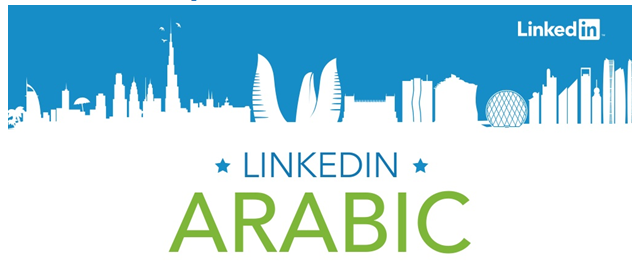 LinkedIn might not be at the top of your list when choosing social media platforms for advertising, but don’t write it off! LinkedIn is massively popular throughout the Middle East and North Africa for professionals and businesses looking to network.
LinkedIn might not be at the top of your list when choosing social media platforms for advertising, but don’t write it off! LinkedIn is massively popular throughout the Middle East and North Africa for professionals and businesses looking to network.
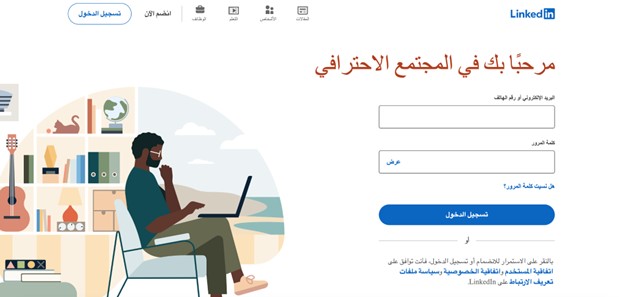 LinkedIn is a great choice for advertising because the platform has done an excellent job in optimizing it for Arabic-language use. Arabic LinkedIn’s popularity goes hand in hand with the extremely high social media usage rates in the region. Social media penetration rates are on the rise throughout the entire Middle East, led by the Gulf region countries which are all approaching social media penetration rates of nearly 100%. LinkedIn always ranks among the top platforms for usage in Middle Eastern countries, though it is often discounted in advertising campaigns in favor of Facebook or Instagram. Keep reading to learn more about why Arabic LinkedIn is so important and how it can help boost your reach in the region.
(more…)
LinkedIn is a great choice for advertising because the platform has done an excellent job in optimizing it for Arabic-language use. Arabic LinkedIn’s popularity goes hand in hand with the extremely high social media usage rates in the region. Social media penetration rates are on the rise throughout the entire Middle East, led by the Gulf region countries which are all approaching social media penetration rates of nearly 100%. LinkedIn always ranks among the top platforms for usage in Middle Eastern countries, though it is often discounted in advertising campaigns in favor of Facebook or Instagram. Keep reading to learn more about why Arabic LinkedIn is so important and how it can help boost your reach in the region.
(more…)
SEO in Saudi Arabia in 2024
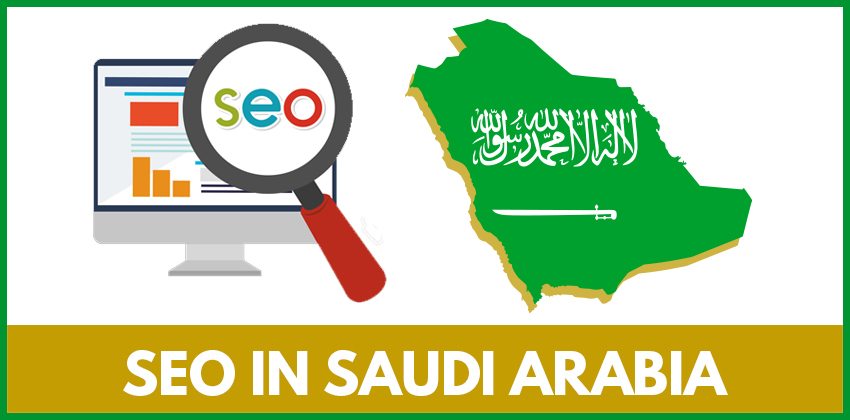 With the biggest e-commerce market in Middle East region, Saudi Arabia holds vast opportunities for those looking to market their products and services in the region. This article will discuss some facets of reaching a Saudi Arabian audience with your search engine optimization efforts. Of course, one article cannot sum up all the strategies for reaching an audience in the KSA, but here we will reveal eight keys to effective SEO in Saudi Arabia.
With the biggest e-commerce market in Middle East region, Saudi Arabia holds vast opportunities for those looking to market their products and services in the region. This article will discuss some facets of reaching a Saudi Arabian audience with your search engine optimization efforts. Of course, one article cannot sum up all the strategies for reaching an audience in the KSA, but here we will reveal eight keys to effective SEO in Saudi Arabia.
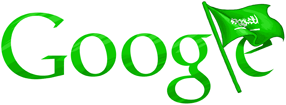 (more…)
(more…)
The Ultimate Ramadan Marketing Guide 2025
Ramadan just like Christmas has become a season of increased consumerism and attention to shopping. With Ramadan sales reaching upwards of USD $144 Billion, marketers need to understand how to effectively market during this season and take advantage of many of the opportunities it offers. This article will tell you all you need to know about Ramadan marketing, as well as give an overview of common Ramadan marketing mistakes that could be costly. We cover the various aspects of Ramadan marketing to help you be more successful with your seasonal marketing efforts in Muslim regions.
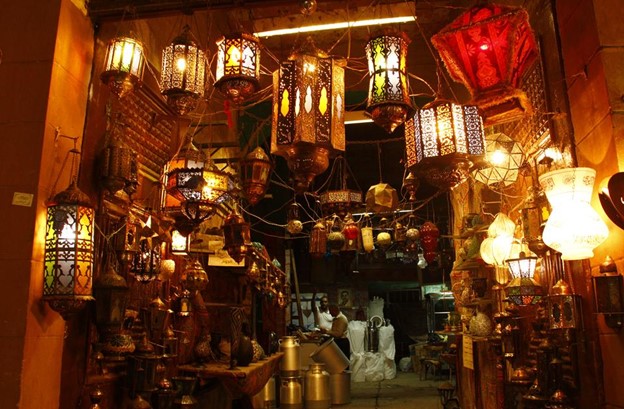
Image credit: Mai Shaheen
(more…)Saudi Arabia Founding Day Marketing
Founding Day - A new opportunity to Market in Saudi
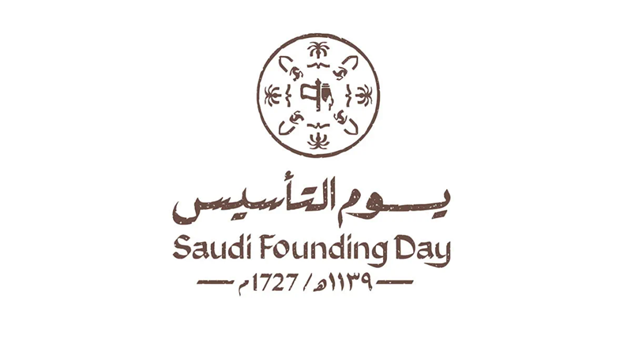 Founding Day is a day to celebrate the rich heritage and history of the first establishment of modern-day Saudi Arabia. It also has created a new opportunity for marketers to launch holiday promotions in the Kingdom. Given that there are relatively few holidays celebrated in Saudi Arabia, Founding Day is a great and welcome time to branch into the Saudi market and take advantage of the shopping booms that happen around special occasions like this. If you are eager to learn more about this new holiday, read on to get an idea of the history of Founding Day, typical traditions for the holiday, and marketing guidelines and ideas for your campaign.
(more…)
Founding Day is a day to celebrate the rich heritage and history of the first establishment of modern-day Saudi Arabia. It also has created a new opportunity for marketers to launch holiday promotions in the Kingdom. Given that there are relatively few holidays celebrated in Saudi Arabia, Founding Day is a great and welcome time to branch into the Saudi market and take advantage of the shopping booms that happen around special occasions like this. If you are eager to learn more about this new holiday, read on to get an idea of the history of Founding Day, typical traditions for the holiday, and marketing guidelines and ideas for your campaign.
(more…)
Arabic PPC in 2024 – What you need to know
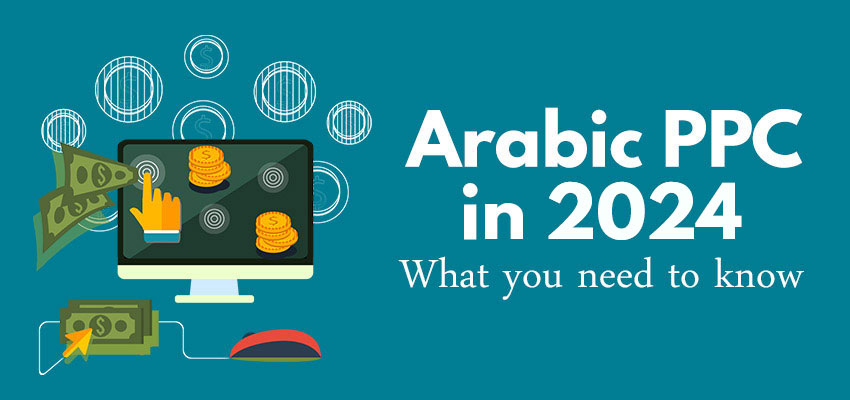 Pay per click marketing is changing at a pace we haven’t seen before in the Arab world. Below we will explore some of the key changes taking place in the world of Arabic pay per click advertising.
Pay per click marketing is changing at a pace we haven’t seen before in the Arab world. Below we will explore some of the key changes taking place in the world of Arabic pay per click advertising.
More Competition
When I first launched an Arabic digital marketing agency nearly 12 years ago, there was almost non-existent competition for Arabic keywords in Google paid search. At the time, even the most competitive industries didn’t have Arabic ads on the first page of a Google result for a specific keyword. Much has changed since then. Many industries and verticals now have Arabic keywords that trigger a full page of Arabic ads, and there will be far more in 2024 as the market has awoken to the opportunity. (more…)The Middle East Arab Consumer Profile
The Arab consumer is unique and needs to be treated differently than consumers in other parts of the world. Below we will examine some of the consumer behavior, traits, characteristics and demographics of a Middle Eastern Arab consumer that set them apart from consumers in other parts of the world. It should be noted that many of these points are broad generalizations with the intent to help inform businesses looking to operate in the region on how they can better reach their target audience. Since these are broad generalizations about Arab consumers there will always be exceptions to these traits that defy the norm.
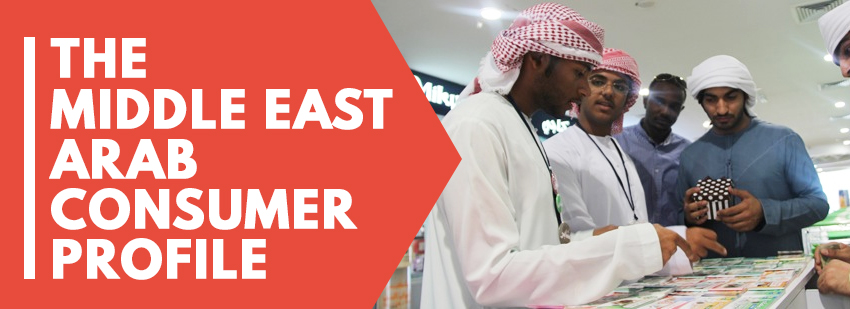 (more…)
(more…)
